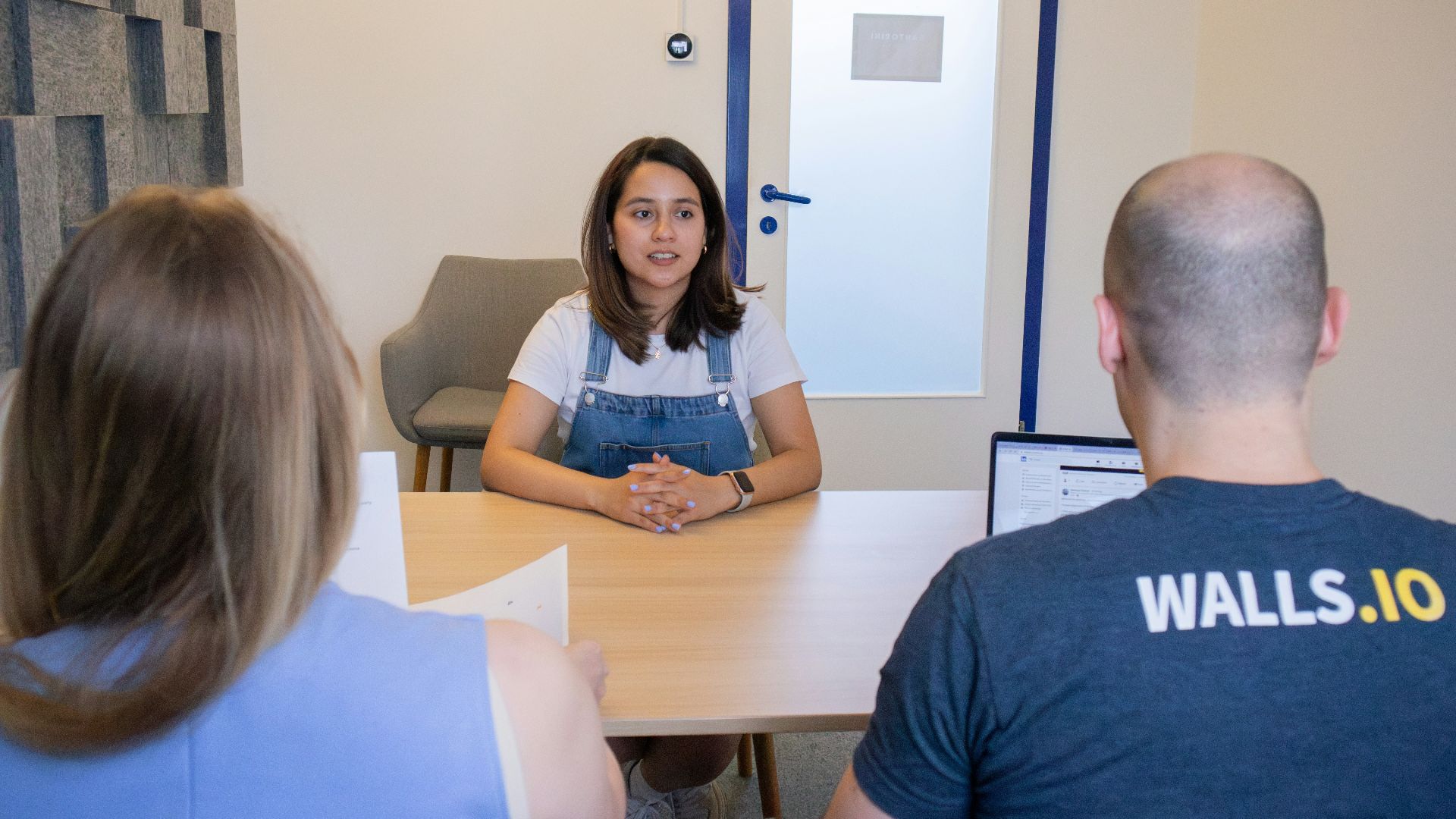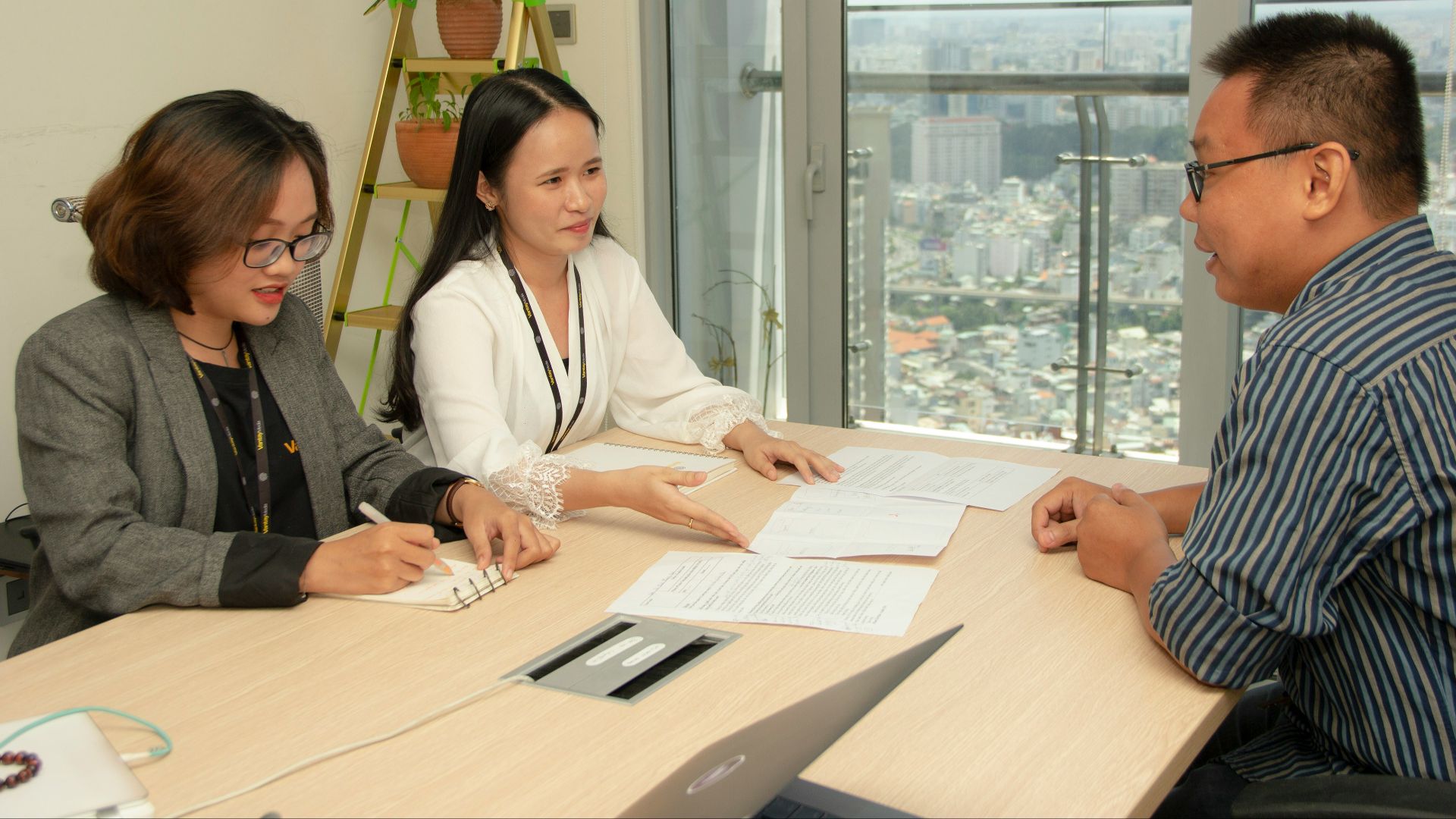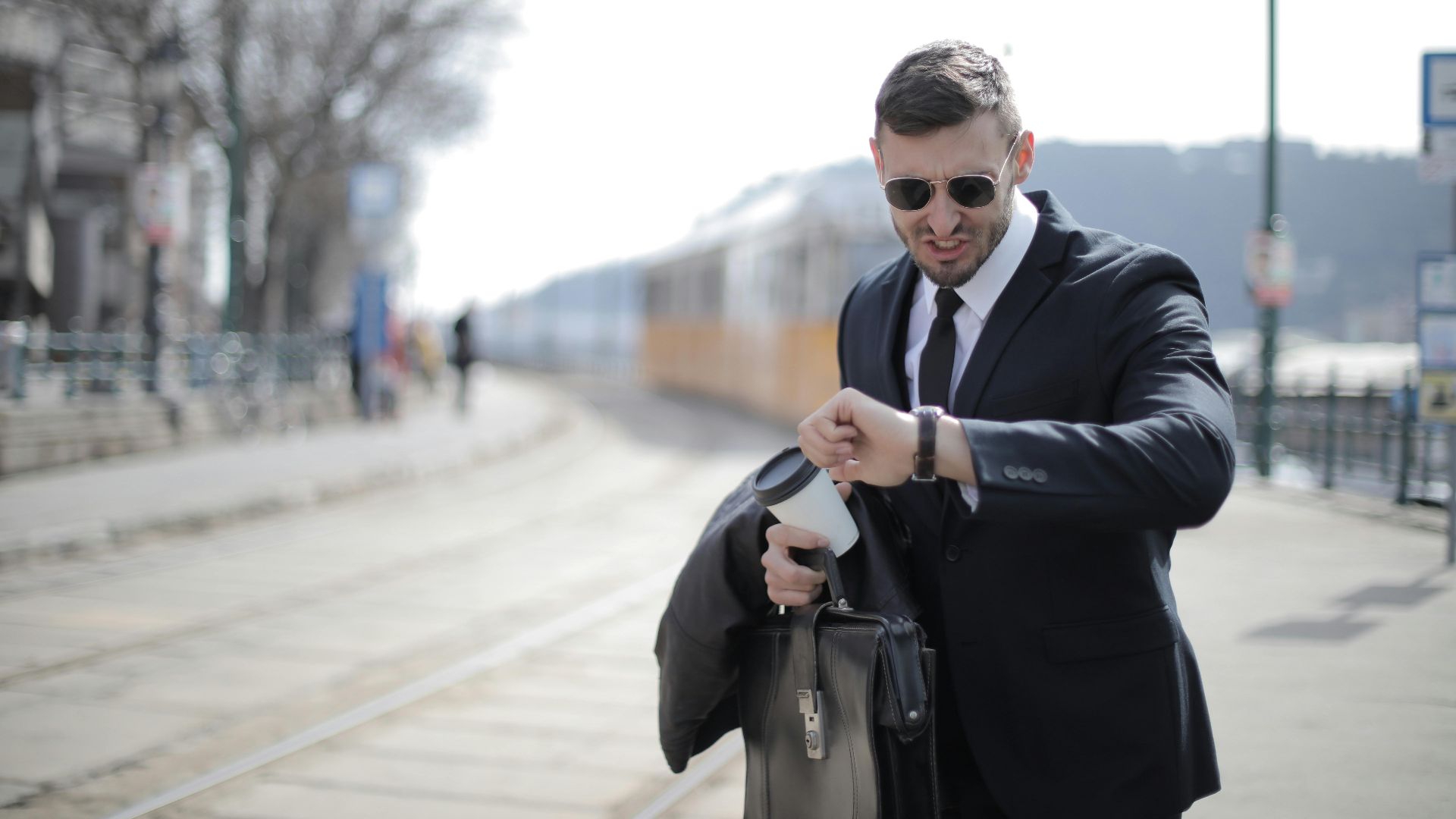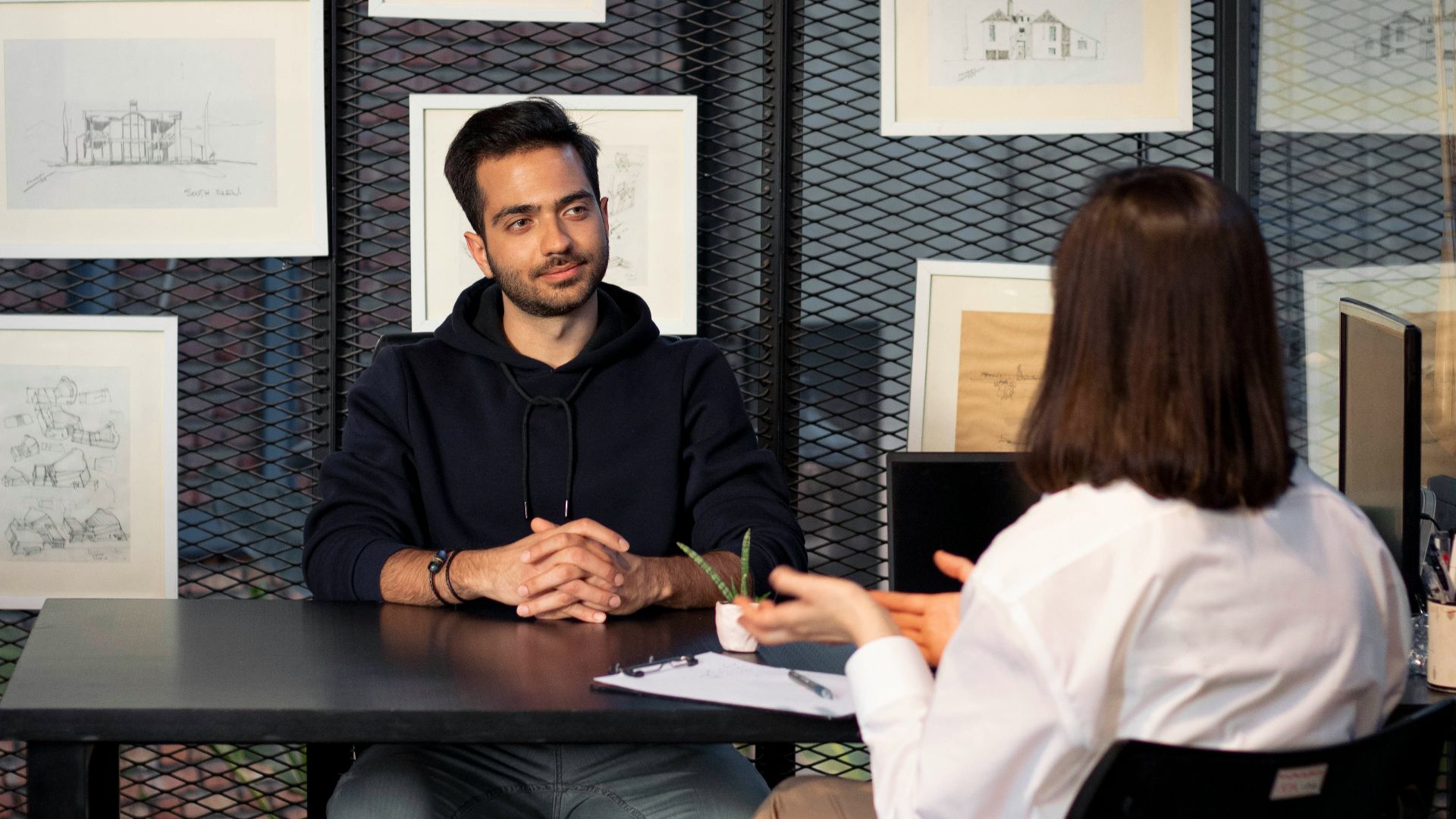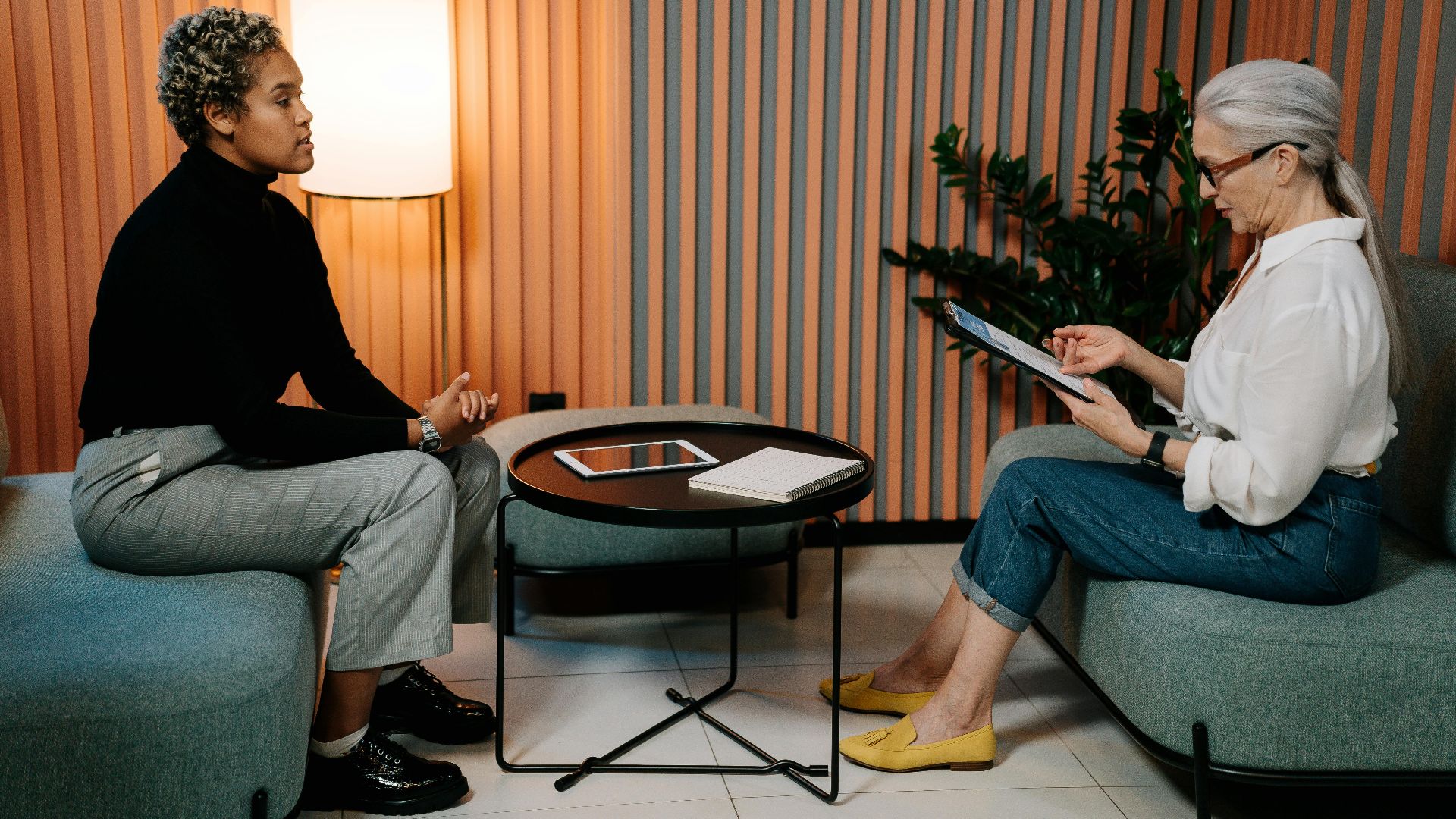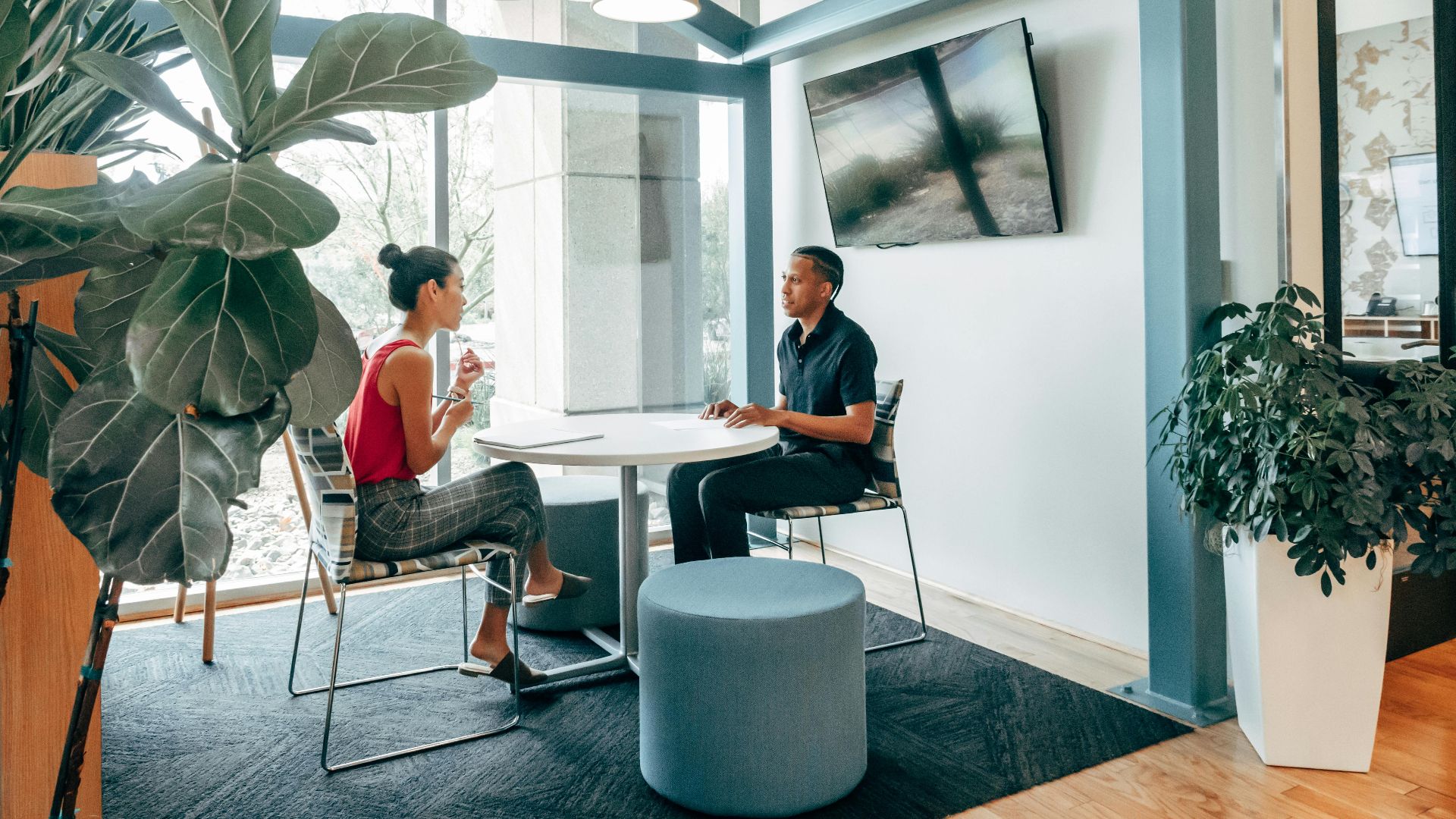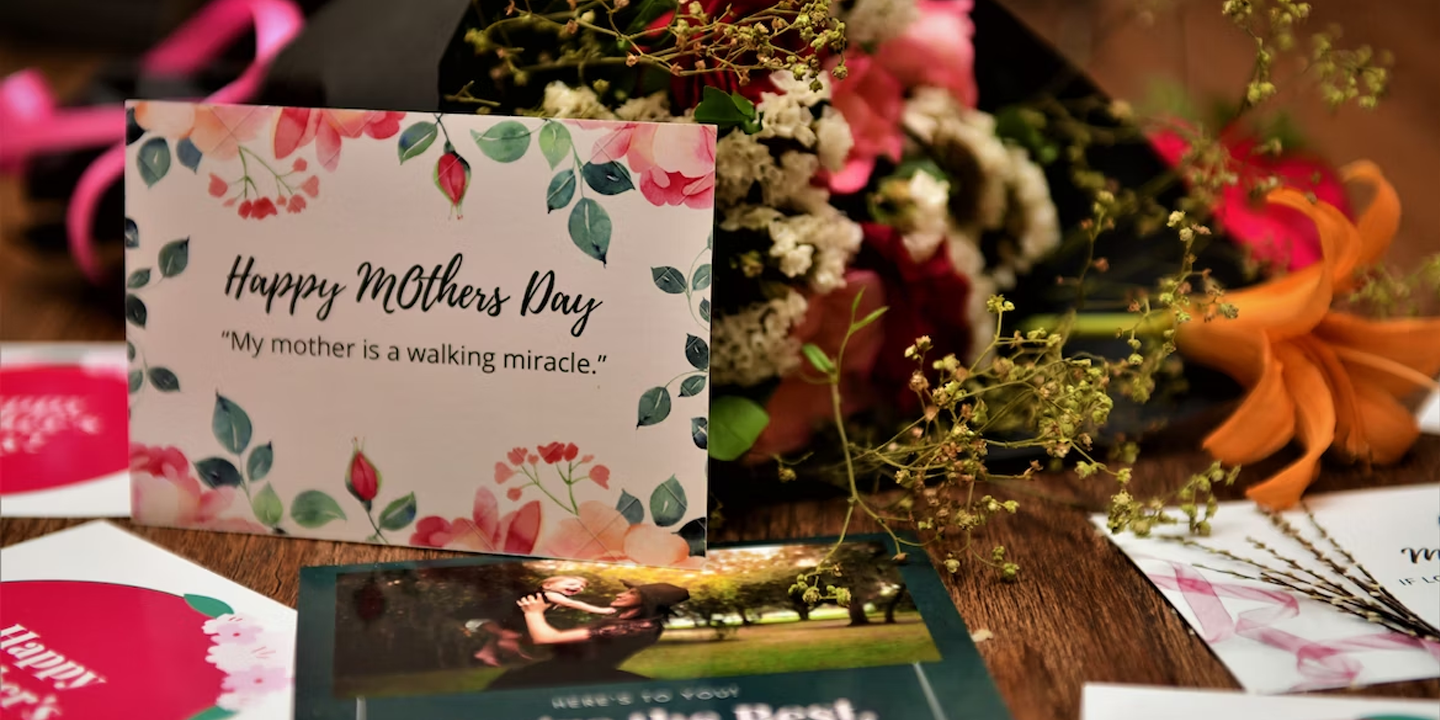Time To Decode The Clues
Job interviews can feel like performance reviews without the salary. You show up on time, and then spend the next 30 minutes trying to read facial expressions like it’s a poker game. Did that half-smile mean they liked your answer, or were they just being polite? The truth is, it’s hard to know how you did while your brain is busy trying to remember what just happened. So, here are ten signs your interview was probably a disaster.
1. You Couldn’t Name The Company’s Mission
When asked why you want the job, your blank stare did all the talking. Without a single nod to the company’s mission or values, you signaled zero effort. Employers instantly clock this as disinterest. and it hints you’re the kind who wings things.
2. You Spoke Negatively About A Former Boss
The moment you badmouthed a past boss, the red flags started waving. No matter how justified, airing workplace grievances without finesse screams drama. It signals poor judgment and a potential HR headache waiting to happen.
3. You Forgot To Ask A Single Question
Silence might be golden elsewhere, but not at the end of a job interview. When you skip asking questions, you don’t look confident—you look checked out. This one thing suggests you’re not invested in the company, the culture, or even the role.
4. You Checked Your Phone Mid-Interview
Glancing at your phone can tank your chances faster than a bad handshake. It breaks eye contact and disrupts the natural rhythm of the conversation. To the recruiter, it may come across as careless or even disrespectful.
5. You Were Caught Off Guard By A Basic Role Question
You nodded through the job description—but when asked about “project timelines” or “client communication,” your brain hit pause. That awkward scramble to answer is a dead giveaway. Suddenly, your resume starts looking like fiction.
6. You Interrupted The Interviewer Repeatedly
There’s a fine line between enthusiasm and stepping on someone’s words. Every time you cut in mid-question, you were hijacking their thought process. Plus, it doesn’t matter if you thought you knew where they were going.
 Christina @ wocintechchat.com on Unsplash
Christina @ wocintechchat.com on Unsplash
7. You Arrived Too Late Without Explaining Why
Running a few minutes late might seem harmless until you walk in without saying a word about it. No context, no apology, just a quiet clock ticking behind the interviewer’s smile. What should’ve started with momentum now begins with doubt.
8. You Struggled To Explain Your Resume Gaps
When your explanation sounds foggy or stitched together on the spot, trust takes a hit. Employers don’t expect a flawless timeline; they expect clarity. And when you can’t offer a straight, confident answer, it feels like you’re dodging something.
9. You Didn't Research The Company Culture
Interviewers look for more than just skill, as they watch for signs that you understand the world you’re entering. Company websites and LinkedIn activity offer clear hints about values and internal dynamics. Ignoring those clues creates avoidable tension.
 LinkedIn Sales Navigator on Pexels
LinkedIn Sales Navigator on Pexels
10. You Gave Robotic, Memorized Answers
Each response may have checked the right boxes, but the delivery felt mechanical. This creates distance rather than connection. Interviewers begin to question whether you truly understand what you're saying or if you're simply repeating what you think they want to hear.
Now, here are ten clues that show that it actually went way better than your overthinking brain is willing to admit.
1. The Interview Went Longer Than Scheduled
Interviews rarely spill past their time slot unless something clicks. If yours went long, that’s a strong indicator they wanted more. This is because conversations that stretch beyond the checklist reveal genuine enthusiasm. In short, that unscripted extension means the moment carried weight.
2. The Interviewer Shared Specific Team Needs
Sharing specific team challenges typically indicates the conversation has moved beyond standard evaluation. Interviewers reserve this level of openness for candidates they see as potential contributors. By mentioning ongoing bottlenecks, they’re subtly assessing how you might fit into real-world scenarios.
3. You Were Asked About Your Availability Next Week
Being asked about your availability for the following week is a strong indicator of interest. It signals that they are already thinking about the next phase. Beyond logistics, your response provides insight into your flexibility and potential start date.
4. The Conversation Felt Like A Two-Way Dialogue
A two-way exchange signals a higher level of engagement. Instead of a checklist of questions, the conversation flowed naturally, built on your insights, not just prompts. Most importantly, you felt at ease, able to clarify points or dive deeper into topics.
5. You Were Introduced To Other Team Members
Meeting other team members mid-interview often suggests strong forward momentum. These introductions require coordination, making them a meaningful gesture. This step typically comes into play only for candidates under serious consideration.
6. The Interviewer Described Your Future Role Clearly
Suddenly, the role didn’t feel theoretical—it felt tailored. Responsibilities were outlined with clarity, and your strengths were matched to active goals. And rather than exploring possibilities, the conversation moved toward integrating you into the bigger picture.
7. You Noticed Them Taking Notes During Your Responses
The moment you notice their pen moving or their fingers typing, something clicks—you’ve become quotable. They aren’t just sitting through another routine conversation. They’re actively pulling pieces of your response to save for later.
8. The Tone Shifted To Casual And Collaborative
That moment the mood lightens and the conversation turns chatty? It's golden. Formalities give way to laughter, stories, or a shared love for coffee, and suddenly it feels less like an interview and more like a brainstorming session.
9. You Were Asked If You’re Interviewing Elsewhere
Hearing that question often feels like a curveball, but it’s secretly flattering. They’re not making small talk—they’re calculating risk. If they weren’t serious about you, that question wouldn’t come up. It’s a subtle way of saying, “We don’t want to miss our shot.”
 Photo By: Kaboompics.com on Pexels
Photo By: Kaboompics.com on Pexels
10. The Interviewer Mentioned Next Steps Without Prompting
No need to ask about what happens next—they brought it up first. It says a lot. Talk of timelines, second rounds, or upcoming conversations with other team members doesn’t happen by accident. It means you’re not being mentally filed away.



